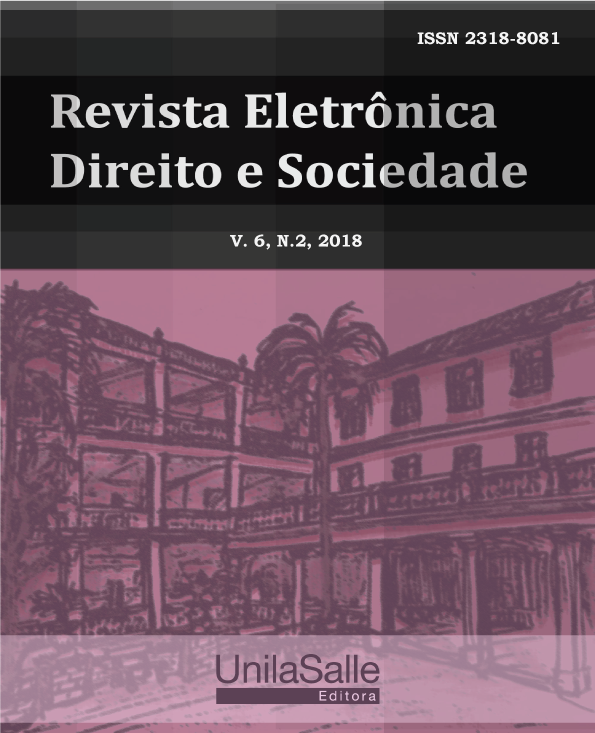New family code of Slovenia (2017): procedural aspect
DOI:
https://doi.org/10.18316/redes.v6i2.4891Parole chiave:
New Family Code, Transfer of Jurisdiction, Court of Justice, Children, Safeguards.Abstract
Slovenia went in past years through turbolent time in the field of family law: new definitions or redefinitions of marriage have been presented, topics related to the parenthood have undergone changes, the adoption has been the subject of many discussions, there have been two referendums related to same-sex partnerships… Finally, March 23 April 2017, new Family Code was adopted. One of the important changes, brought by the Family Code, are related to jurisdictions in family matters, which have been transferred from administrative bodies to the courts. The aim of this transfer is raise the procedural protection of children. In doing so, the legislator followed the request, that the jurisdictions for substantively similar issues should not be proceed by the different authorities. Due this, the jurisdiction on adoption, foster care and guardianship is transferred to the courts. But there is also a two-track system, in which the family matters could be handled in civil or non-contentious procedures. Regardless of the procedure (administrative, civil, non-contentious), the best interest of the child shall be a primary consideration. Therefore, the Family Code gives special intention also on child protective measures, which represents the obligation of the state to protect the child’s best interests. Child’s interest” is a legal standard, which value has to be made concrete by respecting all circumstances of a single case. Therefore, the courts have to provide proper procedural safeguards, despite of the type of procedures.
Downloads
Pubblicato
Fascicolo
Sezione
Licenza
Autores que submetem seus manuscritos para serem publicados na Revista REDES concordam com os seguintes termos:
Os autores declaram ter ciência de que mantém os direitos autorais concedendo à REDES o direito à publicação.
Os autores declaram ter ciência de que o trabalho submetido será licenciado sob a Licença Creative Commons atribuição não-comercial que permite o compartilhamento do artigo com reconhecimento da autoria e publicação nesta revista.
Os autores declaram ter ciência que em virtude de os artigos publicados nesta revista tem acesso público e gratuito.
Os autores declaram, sob as penas da lei, que o texto é inédito e original e que têm ciência de que identificada a existência de plágio, os autores plagiados serão informados – para querendo, tomarem as medidas legais nas esferas cível e criminal – e, os autores do plágio terão seu acesso à revista bloqueado.
Os autores declaram que – em caso de coautoria – todos contribuíram significativamente para a pesquisa.
Os autores obrigam-se a fornecer retratações e (ou) correções de erros em caso de eventual detecção.
Os autores obrigam-se a não publicar o texto submetido a REDES em outra Revista eletrônica (ou não).

A Revista Eletrônica Direito e Sociedade - REDES - está licenciado com uma Licença Creative Commons Atribuição-NãoComercial 4.0 Internacional.
Baseado no trabalho disponível em http://revistas.unilasalle.edu.br/index.php/redes/about/submissions#copyrightNotice.
Podem estar disponíveis autorizações adicionais às concedidas no âmbito desta licença em http://creativecommons.org/.

